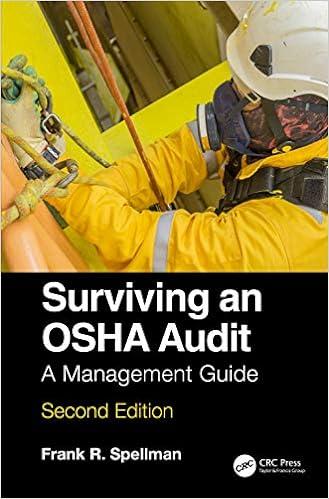
6. Suppose that TFP is a persistent variable over the business cycle. This would imply that the optimal response of investment demand to a positive TFP shock is: (a) No change, because current TFP has no effect on the expected return to investment (b) To increase, because current TFP raises the expected future TFP (e) To decrease, because current TFP reduces the current return to investment (d) To increase, because current TFP increases the current return to investment 7. When economists say that economic policy is conducted by "discretion" they mean that policymakers: (a) announce in advance how thier policy will respond to future situations. (b) choose the policy that the most effective for the current circumstances. (c) announce and maintain a constant growth rate of the money supply. (d) do not announce their policy decisions. 8. Consider the household's tradeoff between consumption and leisure. When a worker's wage increases, the total wealth of the household because (a) increases; the cost of leisure has increased relative to consumption. (b) decreases; the cost of labor has increased. (e) doesn't change; the wage is not part of wealth. (d) increases; the value of the time endowment has increased. (e) could rise or fall; the effect depends on on how much the household works. 9. Consider a Solow model where the savings rate is 30 and output is given by the Cobb-Douglas function Y, = AK L}-- and the depreciation rate by 8. The economy is in the steady state with K/L, = k*, and let the Golden-Rule capital-labor ratio be kGr. Suppose the savings rate suddenly rises permanently. If then it must be that (a) steady-state income falls; k* >KGR (b) consumption rises in the short run; kor
KGR (e) steady-state consumption falls; kGR>k* 10. According to the rational-expectations theory, a credible policy to lower the inflation rate will result in a loss of output that is than that predicted by the adaptive-expectations sacrifice ratio. (a) larger, because expected inflation will respond more to policy announcements when expectations are rational (b) could be larger or smaller, depending on the recent history of the inflation-rate (e) the same, because the effect of announcements is the same in both theories (d) smaller, because expected inflation will respond more to policy announcements when expectations are rational







